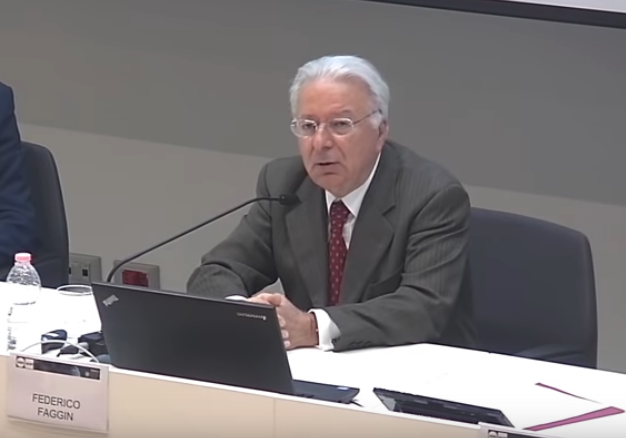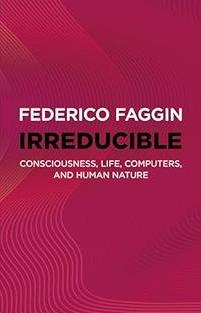|
home | what's new | other sites | contact | about |
||||
|
Word Gems exploring self-realization, sacred personhood, and full humanity
Quantum Mechanics Dr. Frederico Faggin David Chalmers and the “hard problem” of consciousness
return to "Quantum Mechanics" main-page
from https://iep.utm.edu/hard-problem-of-conciousness/ David Chalmers coined the name “hard problem” (1995, 1996), but the problem is not wholly new, being a key element of the venerable mind-body problem. Still, Chalmers is among those most responsible for the outpouring of work on this issue. The problem arises because “phenomenal consciousness,” consciousness characterized in terms of “what it’s like for the subject,” fails to succumb to the standard sort of functional explanation successful elsewhere in psychology (compare Block 1995). Psychological phenomena like learning, reasoning, and remembering can all be explained in terms of playing the right “functional role.” If a system does the right thing, if it alters behavior appropriately in response to environmental stimulation, it counts as learning. Specifying these functions tells us what learning is and allows us to see how brain processes could play this role. But according to Chalmers, What makes the hard problem hard and almost unique is that it goes beyond problems about the performance of functions.To see this, note that even when we have explained the performance of all the cognitive and behavioral functions in the vicinity of experience—perceptual discrimination, categorization, internal access, verbal report—there may still remain a further unanswered question: Why is the performance of these functions accompanied by experience? (1995, 202, emphasis in original). Editor's note: Yes, why accompanied by experience? As Chalmer's added: "Why doesn't all this information processing proceed 'in the dark,' devoid of any inner sensation?" See more discussion, Irreducible, pg. 136:
|
||||
|
|

